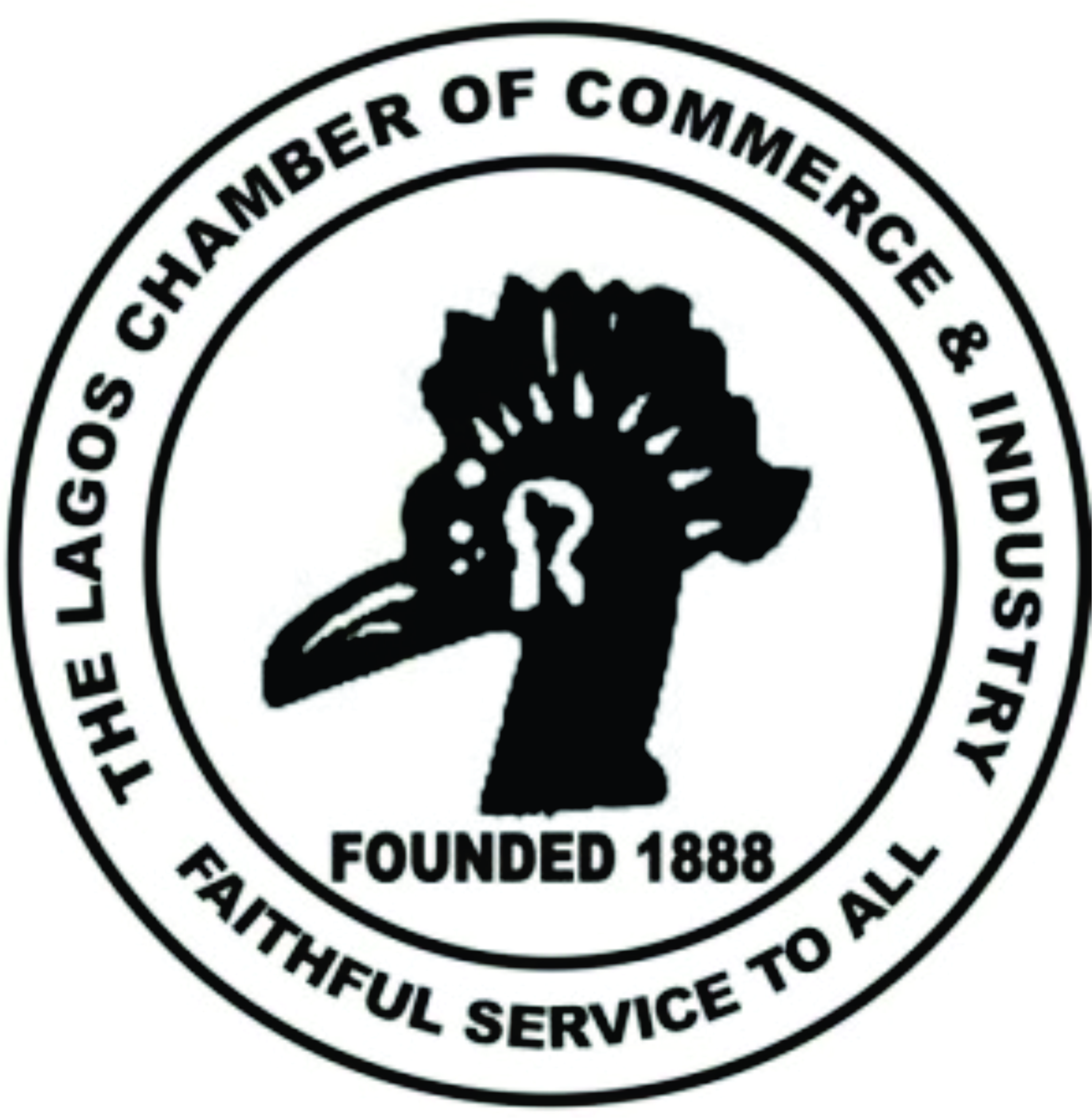In spite of the various policies put in place by the government at developing the manufacturing sector, it contracted by 0.43 per cent in the first quarter of 2020; by -8.78 per cent in the second quarter and by -1.51 per cent in the third quarter of the year.
Reacting to the development, Director-General, Lagos Chamber of Commerce and Industry, Dr. Muda Yusuf, said liquidity crisis in the foreign exchange market, sharp exchange rate depreciation, high energy and production cost were part of the challenges that confronted the business community in 2020.
He listed others to include ports congestion, cumbersome and burdensome customs processes, insecurity, inconsistent government policies, regulatory uncertainties, land border closure and the Apapa, Lagos, traffic gridlock.
Dr. Yusuf said the outlook for the business environment in 2021 appeared bleak as there were no quick fixes for the structural issues and the desired regulatory and institutional reforms.
“To foster economic resilience in 2021, quick implementation of structural reforms including review of the foreign exchange management framework and significant investment in critical infrastructural development projects are imperative.
“We expect the economy to return to the path of positive growth in the second quarter of 2021 and this would expectedly impact on the macroeconomic environment which may ease some of the critical economic conditions currently impeding economic growth,’’ he said.
In his own contribution, Director-General, Manufacturers Association of Nigeria, Segun Ajayi-Kadir, noted that even before the border closure, manufacturing had been hindered for years by trade malpractices, smuggling, counterfeiting and cloning.
He noted that trade malpractices were prevalent because of the absence of clear and enforceable legal and regulatory framework, ineffective enforcement of regulations, and poor coordination amongst regulatory agencies.
“The border reopening is a welcome development. However, a necessary framework must be put in place to monitor the borders effectively and to make Nigerian products competitive locally and internationally.
“Going forward, the government should establish joint border patrols with neighbouring countries. Necessary infrastructural facilities like reliable power supply, good road/rail transportation network to reduce production cost must be provided.”
On Aug. 7, 2020, the government signed the Company and Allied Matters Act 2020 into law to create efficient means of regulating businesses and minimising regulatory burden on small and medium enterprises.
The law also aims at promoting transparency and shareholder engagement, fostering the ease of doing business while also encouraging investment flows to the domestic business landscape.

 Comments and Issues2 days ago
Comments and Issues2 days ago
 Business6 days ago
Business6 days ago
 Business1 week ago
Business1 week ago
 Business1 week ago
Business1 week ago
 Business5 days ago
Business5 days ago
 News6 days ago
News6 days ago
 Education7 days ago
Education7 days ago
 Comments and Issues5 days ago
Comments and Issues5 days ago










